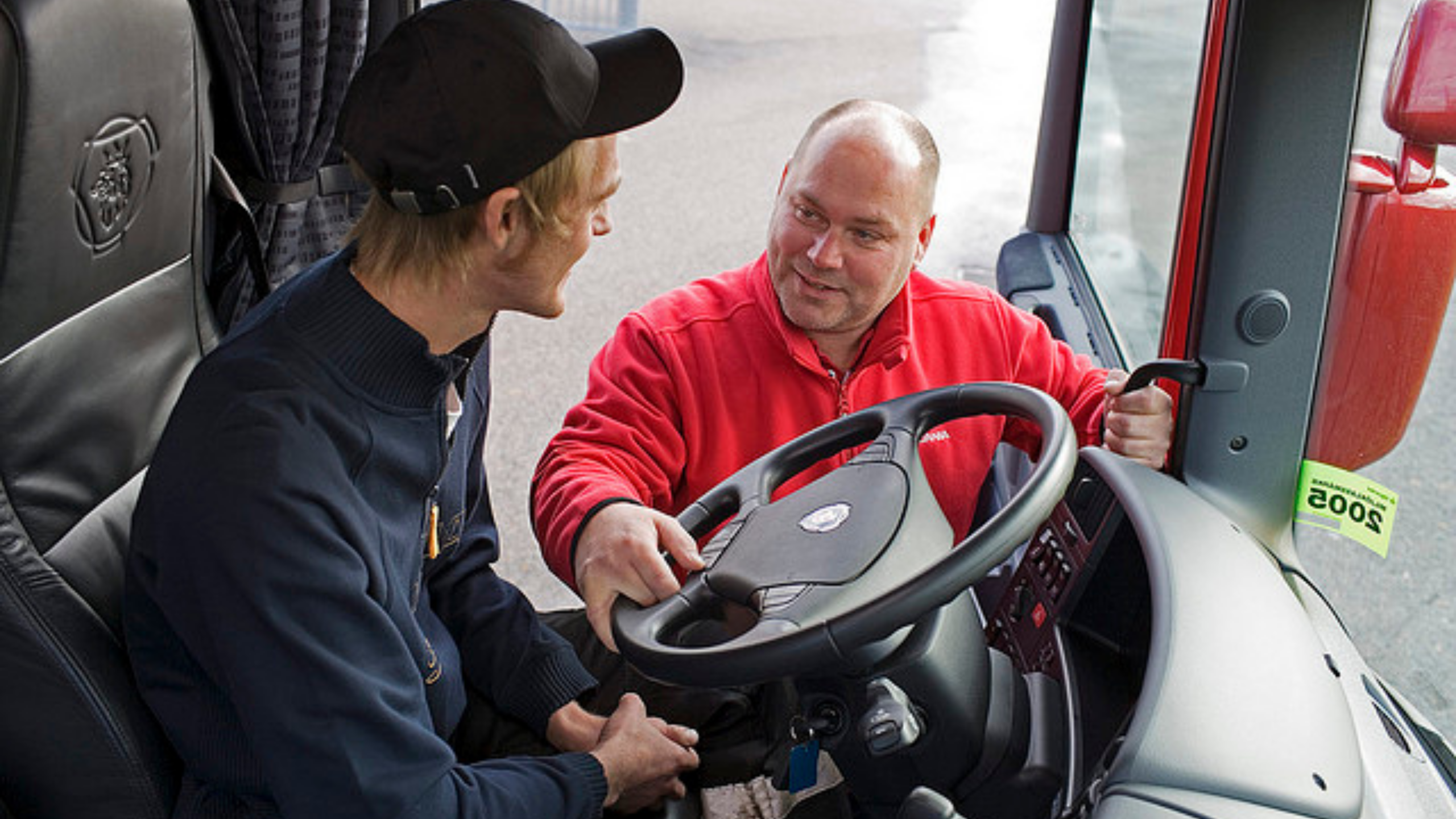
Ensuring employee safety is both a legal and moral responsibility for all employers in Australia under the provisions of the Work Health and Safety Act. Each State and Territory in Australia has its own workplace health and safety (WHS) legislation that it administers. WHS regulations can vary for different industries.
Read on to find out everything you need to know about keeping your workers safe in the transport industry in Australia.
The business benefits of keeping your workers safe
While it’s a legal and moral obligation, keeping your workers safe also has business benefits, including:
- avoiding lost productivity through staff injuries and absenteeism.
- Minimising or eliminating workers compensation claims.
- Improved staff job satisfaction, morale and well-being.
WHS in the transport industry
It’s important to understand that the road transport industry in Australia has a higher risk of work-related deaths, injuries and illnesses due to the nature of the work. According to SafeWork Australia, some of the most common potential hazards in the transport industry include:
- Delivery time pressures force workers to work long hours.
- Fatigue associated with shift work.
- Dangerous vehicles.
- Manual handling injuries.
- Exposure to fumes and gases.
Tips for keeping your transport workers safe
Here are some handy tips to keep your transport workers safe.
- Ensuring that your delivery times do not place undue pressure on drivers.
- Encouraging drivers to take regular breaks during long drives.
- Providing adequate staff training.
- Providing PPE (personal protective equipment), that’s appropriate for the work tasks being performed and a COVID work environment.
- Have regular vehicle safety inspections to identify necessary repairs and maintenance issues as early as possible.
Travel guidelines for truck drivers
COVID-19 border restrictions have been a fact of life that interstate truck drivers have had to deal with over the past two years. Below is a summary of the latest restrictions across Australia as of January 2021. You should check the relevant government site in each State or Territory for the latest information.
National
Drivers are required to:
- practise social distancing where possible,
- carry and use masks and other PPE as required in each State/Territory,
- keep a list of close contacts.
New South Wales
No border pass is required to enter the State. There are COVID-free testing sites for truck drivers at various service station locations on the Pacific, Hume and Newell Highways.
Victoria
No border pass is required to enter the State. However, drivers should carry evidence of their vaccination or medical exemption.
Heavy vehicle drivers delivering food or personal hygiene products can deliver any time of day and stay in a loading zone for as long as is necessary to deliver or pick up these items.
Queensland
No border pass is required to enter the State. There are COVID testing sites for heavy vehicle drivers at Boondall, Port of Brisbane, Charlton and Goondiwindi.
South Australia
No border pass is required to enter the State.
Western Australia
You must be fully vaccinated and have a G2G pass to enter Western Australia. You must also:
- Not allow anyone else to access your vehicle unless you have a worker travelling with you.
- Not share your accommodation if you are staying outside your vehicle.
Australian Capital Territory
No border pass is required to enter the State. However, if you are a close contact of a COVID case, you must get an exemption to enter the ACT.
Northern Territory
You need a border pass to enter the Northern Territory and you must be fully vaccinated. You must also have a COVID test every seven days that you are in the Northern Territory and quarantine if you test positive.
Tasmania
You need a border pass to enter the Northern Territory and you must be fully vaccinated. You must also have a COVID test every seven days that you are in the Northern Territory and quarantine if you test positive.
The bottom line
A safe workplace benefits everyone in the distribution chain – business owners, suppliers, staff and customers. With COVID-19 wrecking havoc on the supplychain for the past couple of years, it’s essential for everyone to do as much as they can to stay on top of keeping healthy and safe in the industry.
Earlypay has supported Australian SMEs with fast and flexible alternative funding solutions for more than 20 years. Our invoice finance, and equipment finance products allow business owners to proactively manage their cash flow, freeing up your working capital for investing in growth. To chat about whether our solutions could be right for your business, call us on 1300 760 205.
